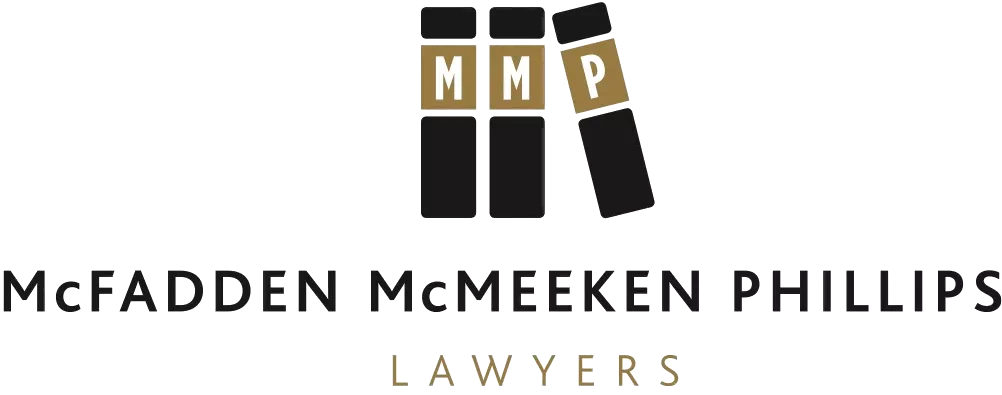
Usually, when a director employee goes about performing his or her duties, they can rely on the
limited liability nature of the company of which they are a director or employee to protect them
from personal liability. A director or employee who goes about under this presumption may now
not be as safe as once assumed.
Court of Appeal Decision
When a director or employee makes a representation that turns out to be false, he or she may now
be held directly liable for such misrepresentation. This is down to the manner in which the Court of Appeal has interpreted the Fair Trading Act, in particular section 9 of that Act. Section 9 states “No
person, shall in trade, engage in conduct that is misleading or deceptive or likely to mislead or
deceive.” Importantly, it is the use of the term “in trade” which has led to the Court of Appeal making a somewhat controversial decision.
Where previously the entities usually described as being “in trade” were companies or sole traders,
it is now taken to mean anyone who can be described as working on behalf of any company. That
means whether it is a cashier, chief financial officer, or director, each could be equally personally
liable for any representations they make during the course of their directorship or employment.
Me or the Company?
Usually a plaintiff will not bring an action against individual as they will have a better chance of recovery if they sue the company associated with the employee or director. But in some situations, it will not be worthwhile to pursue the company. Instead a litigant will turn their attention to the individual who made the representation if they think that person is wealthier. In rare cases, a plaintiff may even bring a claim against an individual where they see it as a matter of principle (however costly that principle may be).
An Example
Take for example the situation where a server at a small bakery mistakenly informs a patron that the pie he is about to purchase is a steak one. The patron buys it on the basis of that representation but soon discovers it is a chicken one. The patron is outraged and will accept no apology. He files proceedings in the District Court the next day seeking damages from the server. The Court slavishly applies the Court of Appeals decision and finds the server personally liable. It does not matter that the server genuinely believed she had identified the pie correctly, or that she was only a low-level employee. Ultimately she is held personally responsible and is unable to hide behind the limited liability nature of the company she works for.
How is this applied in practice?
The good news is that the lower courts (District Court and High Court) do not appear to be applying the Court of Appeal ruling exactly as was decided by that Court. Instead they seem to be taking a milder approach whereby a director or employee will only be held personally liable if it can be shown that they are closely involved in the control and direction of the company to an extent where it can be said that they are engaging in their own trading activity. This means a director or some other senior manager is more likely to be held personally liable for a misrepresentation than a junior employee. However, until this issue is tried in the Court of Appeal again, an entry level employee may be held personally liable for misrepresentation. Companies must think carefully as to how best combat this risk.
Please contact the writer to discuss any aspect of the above.
Disclaimer: The information contained in this publication is of a general nature and is not intended as legal advice. It is important you seek legal advice particular to your circumstances.

